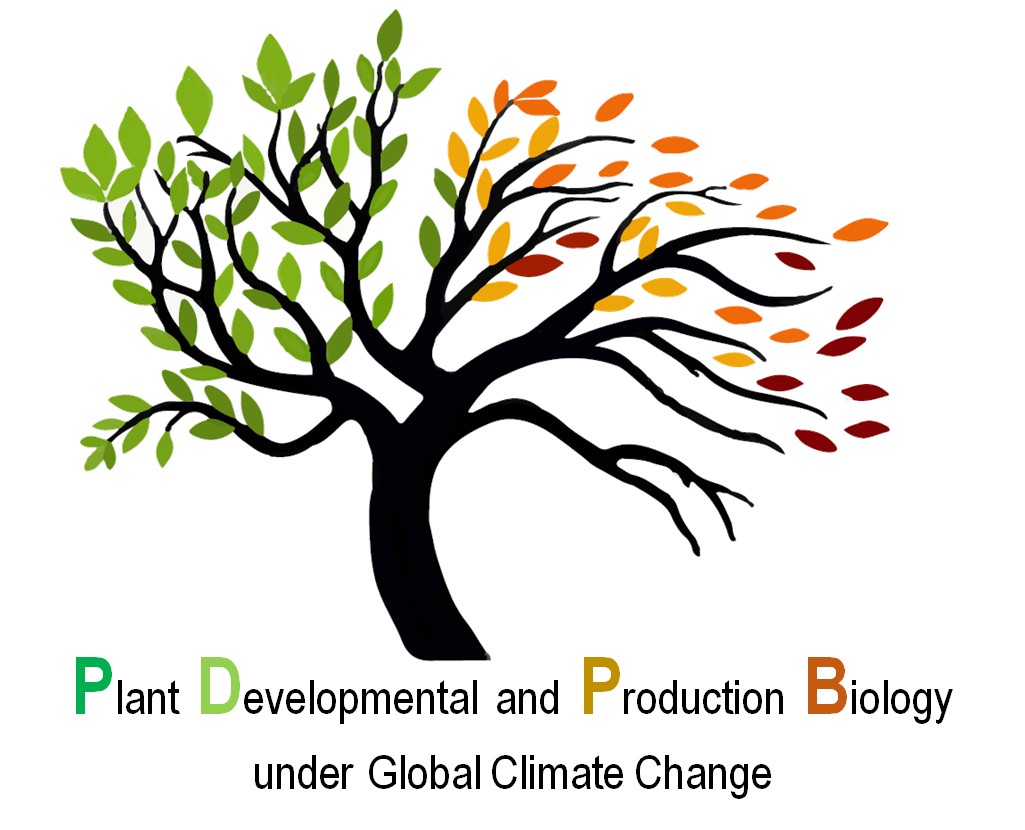| |
|
Exploring natural variability in multistep phosphorelay for enhanced drought tolerance in plants
|
| |
|
Jan Skalák [a], Katrina Leslie Nicolas [a], Jan Zouhar [b], Dušan Turek [b], Jan Hejátko [a]
|
| |
|
|
| |
|
[a] Functional Genomics and Proteomics of Plants, Central European Institute of Technology and National Centre for Biomolecular Research, Masaryk University, Brno, Czech Republic
[b] CEITEC – Central European Institute of Technology, Mendel University in Brno, Zemědělská 1, CZ-61300, Brno, Czech Republic
|
| |
|
|
| |
|
Improving plant productivity under stress conditions is one of important strategy that can be utilized to overcome the challenge posed by climate change, and growing population coupled with decreasing resources and arable land on sustainable food production. This project aims to identify key regulators mediating integration of environmental (drought) and hormonal (cytokinin) signaling pathways in plants and assessing their role as potential targets in the generation of stress-tolerant crops.
Natural variability in cytokinin responsive sensor histidine kinases AHK2, AHK3, AHK4/CRE1 of Arabidopsis thaliana were identified by comparing previous mutagenic studies with publicly available resources like 1001 Genomes. Ecotypes were selected based on the proximity of the SNPs present to the site of know protein function. The role of the identified genetic variability in the responsiveness of MSP signaling to CKs was studied using root-elongation assay and targeted transcriptomic analysis of CK signaling reporter genes. Using these approaches, accessions with either lower or higher CK sensitivity were identified. The size of the root apical meristem correlated well with the reduced root length of particular accession, thus providing another evidence of altered CK sensitivity in selected accessions. Detailed phenotypic characterization of the ecotypes with either low or high sensitivity to CK will be performed to reveal how these plants respond to the decreased or enhanced cytokinin signaling. The information generated from this project will be used for the targeted improvement of Brassica sp. with higher yield and better tolerance to different abiotic (particularly drought) stress conditions.
|
| |
|
|
| |
|
This work was supported from European Regional Development Fund-Project „SINGING PLANT“ (No. CZ.02.1.01/0.0/0.0/16_026/0008446). |
|

